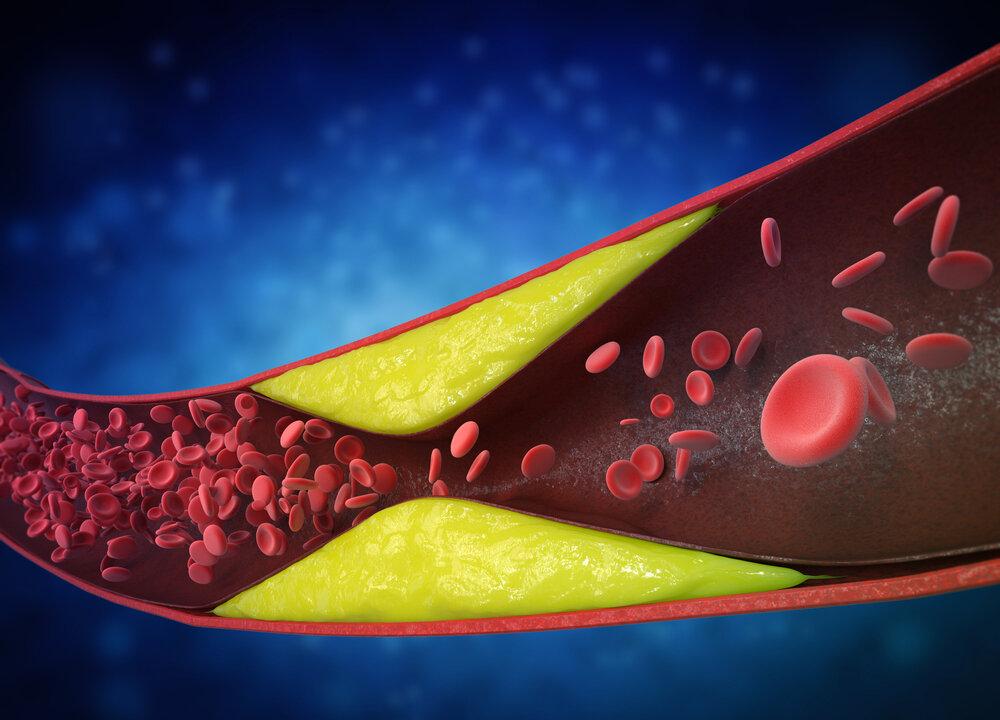Many people complain about the inability to focus, emotional instability, and poor stress response. Other common complaints include weak immunity, hair loss, and acne.
Surprisingly, all of these problems can be related to one important micronutrient: zinc. In this article, we'll discuss how zinc benefits our health, how much we should take, and the potential side effects of over-supplementing.
The 9 Functions of Zinc
According to a study published in Scientific Reports in 2015, 1 out of 7 people in the world suffers from zinc deficiency.Zinc is an essential nutrient that our bodies can’t manufacture or store. It must be continuously provided directly from food or supplied from nutritional supplements. That’s why a lot of foods have zinc added to increase their nutritional value.
After iron, zinc is the most abundant trace element in our bodies. It exists in every cell and serves nine functions (that we know of):
1. Regulates Gene Expression
Human genes can’t be changed, but their expression can be regulated, and it’s this regulation of gene expression that determines how healthy we are. Zinc is intricately involved in this critical process.2. Affects Activity of More Than 300 Enzymes
Zinc affects the actions of more than 300 enzymes, thereby influencing metabolism, nerves, digestion, immunity, and many other important physiological processes.3. Regulates and Enhances Immune Function
Zinc affects the development and function of immune cells and can directly inhibit the replication of viruses in cells. Therefore, zinc is often added to cold medicines. People with zinc deficiency often suffer from a variety of immune function problems and autoimmune diseases.4. Maintains Health of Hair, Nails, and Skin
Zinc affects the synthesis of protein and so has a significant impact on the health of hair, skin, and nails, as well as the healing of wounds. If you want to reduce facial acne and grow beautiful hair, you should take extra care to not become deficient in zinc.5. Affects Body Growth and Development, Reproduction, and Sexual Function
Whether you’re young and want to grow to be tall and strong or you’re middle-aged or elderly and want to maintain youthful vitality, zinc is indispensable. Zinc is abundant in the pituitary gland, which promotes the secretion of growth hormones. Growth hormone is not only related to the growth and development of young people but is also important for middle-aged and elderly people to burn fat and for the upkeep of their muscles.6. Improves Taste and Smell
Zinc has an important relationship with the hormone for taste and smell. When zinc is deficient, the senses of taste and smell won’t work properly. Therefore, people with zinc deficiency often like to eat things that have a strong taste. If you’ve been infected with COVID-19, your body uses up a lot of zinc, which will likely result in an abnormal degradation in the senses of smell and taste. Supplementing zinc at this stage can speed up recovery.7. Acts as an Anti-Inflammatory and Antioxidant
Zinc takes part in the fight against the cytokine and free radical storms that cause the severe symptoms of COVID-19 and is an essential nutrient for the prevention and treatment of the virus. Also, chronic inflammation and oxidative stress both induce aging and chronic diseases in the body.8. Regulates the Nervous System
Zinc is involved in the synthesis of neurotransmitters in the brain, the conduction of nerve signals, and the functional regulation of neurotransmitter receptors. These neurotransmitters directly affect our regulation of emotions, ability to withstand stress, memory, attention, learning ability, motivation, and task execution. Zinc deficiency is present in many people diagnosed with various mental illnesses.9. Promotes Brain Development
Zinc promotes the growth and maturity of brain cells. When zinc is insufficient, brain cell growth decreases and apoptosis (cell death) accelerates, which in turn leads to some degenerative brain diseases, such as Parkinson’s disease and Alzheimer’s disease.Symptoms Related to Zinc Deficiency
There are several potential symptoms of zinc deficiency:- Slow body growth and development
- Decreased sexual function and fertility
- Hair loss
- Acne and skin problems
- Poor wound healing
- Chronic diarrhea
- Mood swings
- Poor resistance to stress
- Poor concentration
- Other psychobehavioral problems
People Likely Prone to Zinc Deficiency
- Patients with chronic gastrointestinal diseases, such as Crohn’s disease
- Vegetarians
- Pregnant and lactating women
- Babies raised exclusively on breast milk
- Patients with sickle cell anemia
- Malnourished people
- Patients with chronic kidney disease
- People struggling with alcoholism
- Pyrrole disorder patients
9 Foods That Provide the Most Zinc
Some foods are high in zinc and can be found in your daily diet. Zinc-rich foods include:- Shellfish: oysters, crab, lobster
- Meat: beef, pork, lamb, chicken, turkey
- Fish: cod, sardines, salmon
- Beans: black beans, peas, soybeans, mung beans, lentils
- Nuts: pumpkin seeds, flax seeds, cashews, almonds
- Dairy products: milk, yogurt, cheese
- Eggs
- Whole grains: oats, black rice, quinoa
- Vegetables: mushrooms, green beans, asparagus, leafy vegetables, cabbage, beets

- (Shutterstock)
Side Effects of Too Much Zinc
People with zinc deficiency need to find appropriate dosages for their zinc supplements.For the prevention of illness during the COVID-19 pandemic, it’s safe for healthy adults to take supplements of about 40 to 60 milligrams per day.
Taking more than this amount may cause nausea, vomiting, loss of appetite, diarrhea, stomach pain, headache, and other symptoms.





